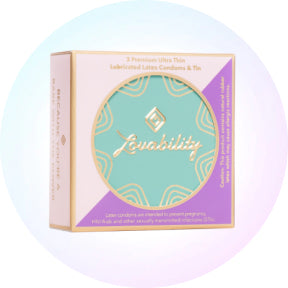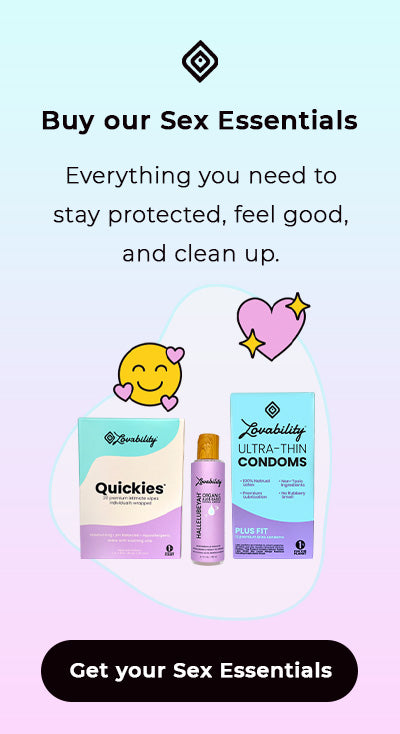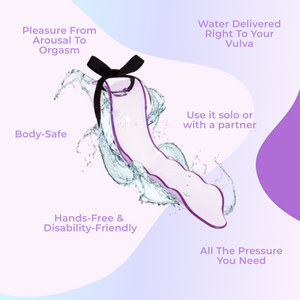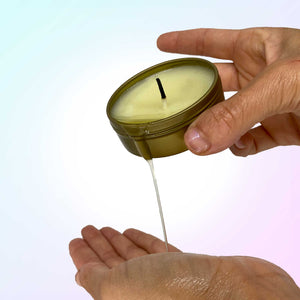Let's have a real talk about a topic that's so important for our health and well-being: condoms and youth. As a woman who's passionate about sexual health and empowerment, I believe it's crucial to prioritize safe sex education for young people to ensure they have the knowledge and tools they need to make informed decisions about their sexual health. So, let's dive into why promoting safe sex education, including the importance of condoms, is essential for youth.
When Should We Start Talking About Sex With Our Kids?
First, talk about the importance of starting the conversation about sex education early. Too many young people receive little to no formal education about sexual health in school or at home, leaving them vulnerable to misinformation and risky behaviors. By providing comprehensive and age-appropriate sex education that includes information about condoms, we can empower young people to make healthier choices and protect themselves from sexually transmitted infections (STIs) and unplanned pregnancies.
The (Unique) Importance Of Condoms
One of the key messages to convey to young people is that condoms are an essential tool for preventing STIs and unwanted pregnancies. When used correctly and consistently, condoms are highly effective in reducing the risk of transmission for a wide range of STIs, including HIV, gonorrhea, chlamydia, and herpes. By emphasizing the importance of using condoms every time they engage in sexual activity, we can help young people take control of their sexual health and well-being.
Moreover, promoting safe sex education that includes information about condoms helps to destigmatize conversations about sexual health and intimacy. By openly discussing topics like contraception, consent, and pleasure, we can create a supportive and nonjudgmental environment where young people feel comfortable asking questions and seeking information about their bodies and relationships.
What To Know About Condoms And Contraception
Another crucial aspect of promoting safe sex education for youth is addressing the barriers that may prevent them from accessing condoms and other contraceptive methods. These barriers can include lack of knowledge about where to obtain condoms, stigma surrounding sexuality and contraception, and financial constraints. By providing young people with information about where to access free or low-cost condoms, such as school health centers, community clinics, or online resources like Lovability, we can ensure that they have the resources they need to protect themselves.
Safe Sex Education Empowers Young People
Furthermore, promoting safe sex education that includes information about condoms helps to empower young people to advocate for their sexual health and well-being. By teaching them about their rights and responsibilities in sexual relationships, including the importance of mutual consent and communication, we can help them develop the skills they need to make healthy decisions and navigate complex social situations.
Beyond Protection: Safe Sex Education Promotes Positive Sexual Health & Well-Being
It's also essential to acknowledge that promoting safe sex education for youth is not just about preventing negative outcomes like STIs and unplanned pregnancies – it's also about promoting positive sexual health and well-being. By emphasizing the importance of pleasure, intimacy, and respect in sexual relationships, we can help young people develop healthy attitudes and behaviors that contribute to their overall well-being.
In conclusion, promoting safe sex education that includes information about condoms is essential for empowering young people to make informed decisions about their sexual health and well-being. By starting the conversation early, addressing barriers to access, and promoting positive attitudes and behaviors, we can help young people build the knowledge, skills, and confidence they need to lead healthy and fulfilling lives.
So, let's continue to advocate for comprehensive and inclusive sex education that promotes the importance of condoms and empowers young people to take control of their sexual health.
More Articles You Might Love

Get To Know Your Vulva




















